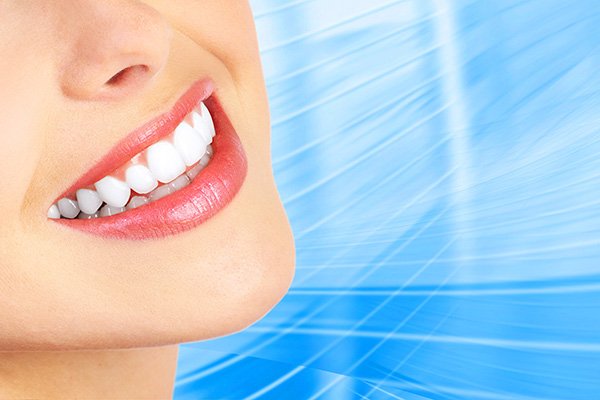What You Need to Know About Snoring and Oral Health

It is hard to miss the sound of someone snoring next to you, and, surprisingly, it may be caused by a person's oral health. Snoring is bothersome and has adverse effects on relationships. What happens is that during sleep, the muscles in the mouth, tongue and throat collapse, causing partial obstruction of the airway. As air flows past the soft tissues in the throat, it causes vibration and produces noise. The narrower the airway is, the higher the force of the air flow, which means more tissue vibration and loud snoring.
Causes of snoring
Snoring is a common condition because it has many causative factors, including:
- Nasal issues: Chronic nasal congestion can obstruct the air passages when breathing.
- Anatomical issues: Some people have naturally narrow airways caused by a low, thick palate, adenoids, large tonsils or elongated uvula. Overweight people often have narrow airways because of the fat tissues accumulated behind their throat.
- Excessive use of alcohol, tobacco and sedatives: Using these products regularly can cause the throat muscles to collapse and lower the body’s natural defense against airway inhibition, causing snoring.
Other factors that may contribute to snoring include age, gender, pregnancy and family history.
The relationship between snoring and oral health
The first impact of snoring on the oral cavity is xerostomia, also known as dry mouth. Xerostomia is a situation when salivary flow reduces and there is not enough saliva to moisten the oral tissues. According to the American Dental Association, dry mouth can cause different oral health issues, including halitosis (bad breath), infections and sores, burning mouth syndrome, gum disease and tooth decay.
The saliva is the mouth’s natural cleanser and helps to clean the gums, tongue and cheeks of dead cells. When they are not cleaned, these cells may decompose and cause odor. Lack of saliva in the mouth may lead to a burning sensation in the lips, tongue, throat, gums or the entire oral cavity.
Reduced saliva flow also promotes the infestation of harmful bacteria and other organisms in the mouth, causing sores and mouth infections. The mouth needs saliva to disarm the acids generated by plaque and clean the food particles in the mouth. Without saliva to cleanse and create buffering effects, gum diseases and tooth decay will have a field day. It is vital to abide by strict oral hygiene practices to limit the occurrence of these oral health issues.
Also, certain dental treatments for snoring have been known to have indirect implications on the oral cavity. Many users have reported that oral device therapy commonly used for treating snoring has some dental-related side effects. Certain research conducted to determine the effect of using an oral device to treat snoring found side effects such as dental discomfort, temporomandibular joint pain, excess salivation, facial muscle pain and bite changes. In most situations, the consequences were insignificant compared to the effectiveness of the device in treating snoring.
In conclusion
Snoring has consequences on oral health, whether directly or indirectly. Treatments are available for snoring depending on the causative factors. If you or a close relative is dealing with snoring, you should consult your dentist for an evaluation.
Request an appointment here: https://www.drroberttamaki.com or call Dr. Robert B Tamaki, DDS at (310) 402-0156 for an appointment in our Los Angeles office.
Check out what others are saying about our services on Yelp: Read our Yelp reviews.
Related Posts
Dental bonding is a quick, affordable fix that dentists use to correct a wide variety of dental problems. Not only is dental bonding useful as a restoration, it also has cosmetic applications. The fact that bonding is easy to use makes it a popular option with dentists. This is how it works.Dental bonding takes the…
Dental implants are small, titanium screws placed into the jawbone where a tooth was removed. The implant fuses with the jawbone over time and supports a crown, bridge, or denture. This article will review six warning signs that it is time to inquire about dental implants.Many people (adults) postpone receiving treatment after losing a tooth…
Having dental implants can correct tooth loss, which is the primary reason for getting these dental replacements. Other reasons for getting them may determine if you are a good candidate for this treatment. Knowing if you are a good candidate for dental implants can help you prepare well for your next appointments. Here are the…
Implant restorations are a highly effective solution for replacing missing teeth, offering patients a durable, natural-looking option that restores functionality and aesthetics. They involve a process that combines the surgical placement of a dental implant with the creation and attachment of a prosthetic crown or other dental appliance. Take a look at this step-by-step guide…
